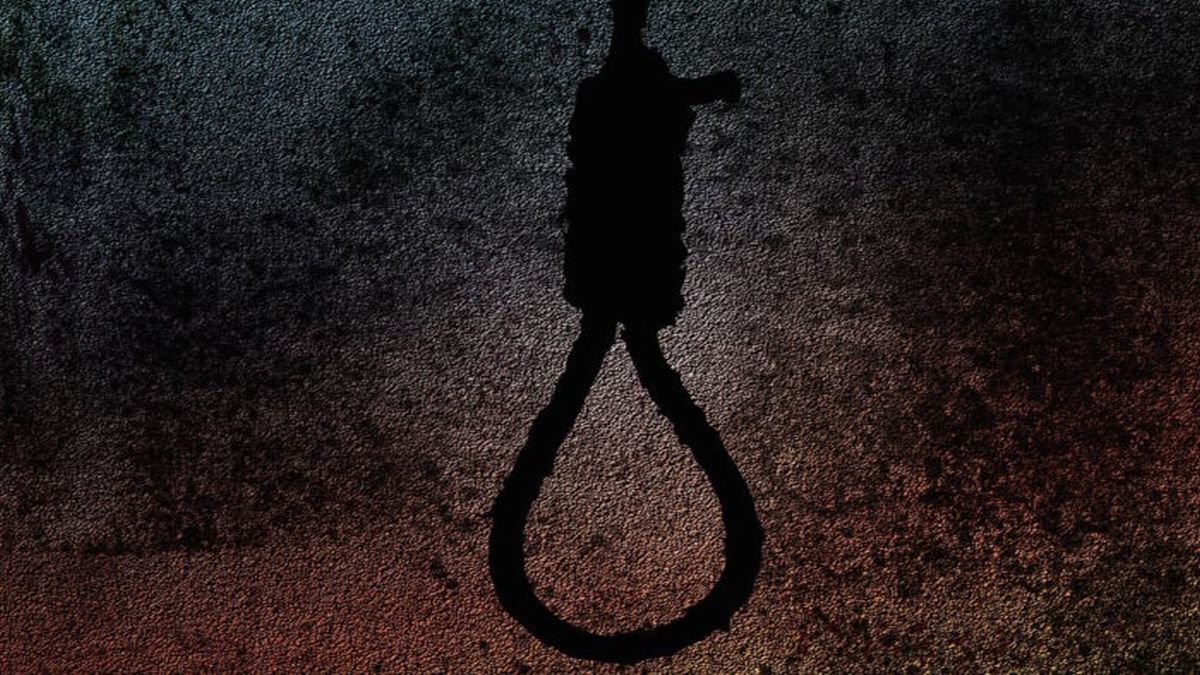Capital punishment is still a reality in many countries. In fact, while many debate the merits of capital punishment in a civilised society, Saudi Arabia has stepped up its executions — with an Amnesty International report stating that the Kingdom has already executed nearly 200 people this year alone.
This puts Saudi Arabia on track to break its 2024 record ; last year, a record 345 executions were carried out in the Kingdom, which is also the highest since public records first documented the cases in the early 1990s.
But what’s fuelling this trend? Why is Saudi Arabia handing down the capital punishment so regularly?
Why is there a surge in capital punishment in Saudi?
According to experts and analysts this rise in executions is in line with the Kingdom’s “war on drugs”, which was launched in 2023. It resumed executions for drug offences at the end of 2022, after suspending the use of the death penalty in narcotics cases for around three years.
In 2022, Riyadh executed 19 people, two in 2023 and 117 in 2024 for narcotic-related crimes. However, in this year alone, Saudi Arabia has executed 144 people for drug-related offences.
Since launching its war on drugs, the country has increased the presence of police checkpoints on highways and at border crossings, where millions of captagon pills have been confiscated and dozens of traffickers arrested.
“It’s clear that Saudi Arabia opted to double down on arrests… and harsh penalties for those perceived to be affiliated with drug trades inside Saudi Arabia,” said Caroline Rose, a senior analyst at the New Lines Institute in Washington.
Who is being executed?
Data shows that most of the people being sentenced to death in drug-related crimes are foreigners. The Amnesty International report revealed that in June alone 37 were executed for drug-related offences – an average of more than one drug-related execution per day. Of these, 34 were foreign nationals from Egypt, Ethiopia, Jordan, Nigeria, Pakistan, Somalia and Syria.
Noting this trend, Jeed Basyouni, from the London-based rights organisation Reprieve, told AFP, “Foreign nationals are particularly vulnerable to due process and fair trial violations in the context of the death penalty.”
Even Amnesty slammed this trend with Kristine Beckerle, the group’s deputy director for the Middle East and North Africa saying, “We are witnessing a truly horrifying trend, with foreign nationals being put to death at a startling rate for crimes that should never carry the death penalty.”
But it’s not just foreigners who are being executed. This year, 96 Saudis have been executed out of the 217 individuals put to death.
Is capital punishment helping in the war against drugs?
It’s hard to say.
Saudi Interior Minister Prince Abdulaziz bin Saud bin Nayef vowed at the start of the campaign that “drug dealers and smugglers will not survive it”.
And last month, Saudi public security director Mohammed al-Bassami said the war on drugs “has achieved tangible positive results, with strong blows to drug dealers and smugglers,” according to the prominent Okaz newspaper.
However, there is little data provided to back up these claims and daily arrests continue. “There is no evidence to substantiate the use of the death penalty as a deterrent, particularly for drug crimes,” said Reprieve’s Basyouni.
Do the executions clash with reforms?
Saudi Arabia is spending big on tourist infrastructure and top sports events such as the 2034 World Cup as it tries to diversify its oil-reliant economy. However, the Kingdom’s continued embrace of capital punishment undermines the image of a more open, tolerant society that is central to Crown Prince Mohammed bin Salman Vision’s 2030 reform agenda.
Saudi authorities say the death penalty is necessary to maintain public order and is only used after all avenues for appeal have been exhausted. Saudi Arabia drew global condemnation after the 2018 murder and dismemberment of US-based Saudi journalist Jamal Khashoggi, a government critic, at the Saudi consulate in Istanbul.
After briefly unsettling US relations, President Donald Trump has whole-heartedly embraced Saudi Arabia and focused more on signing business deals than criticising its rulers over rights issues. During a tour of the Gulf countries in May, Trump gushed over the crown prince saying: “I like you too much!”
With inputs from AFP
)